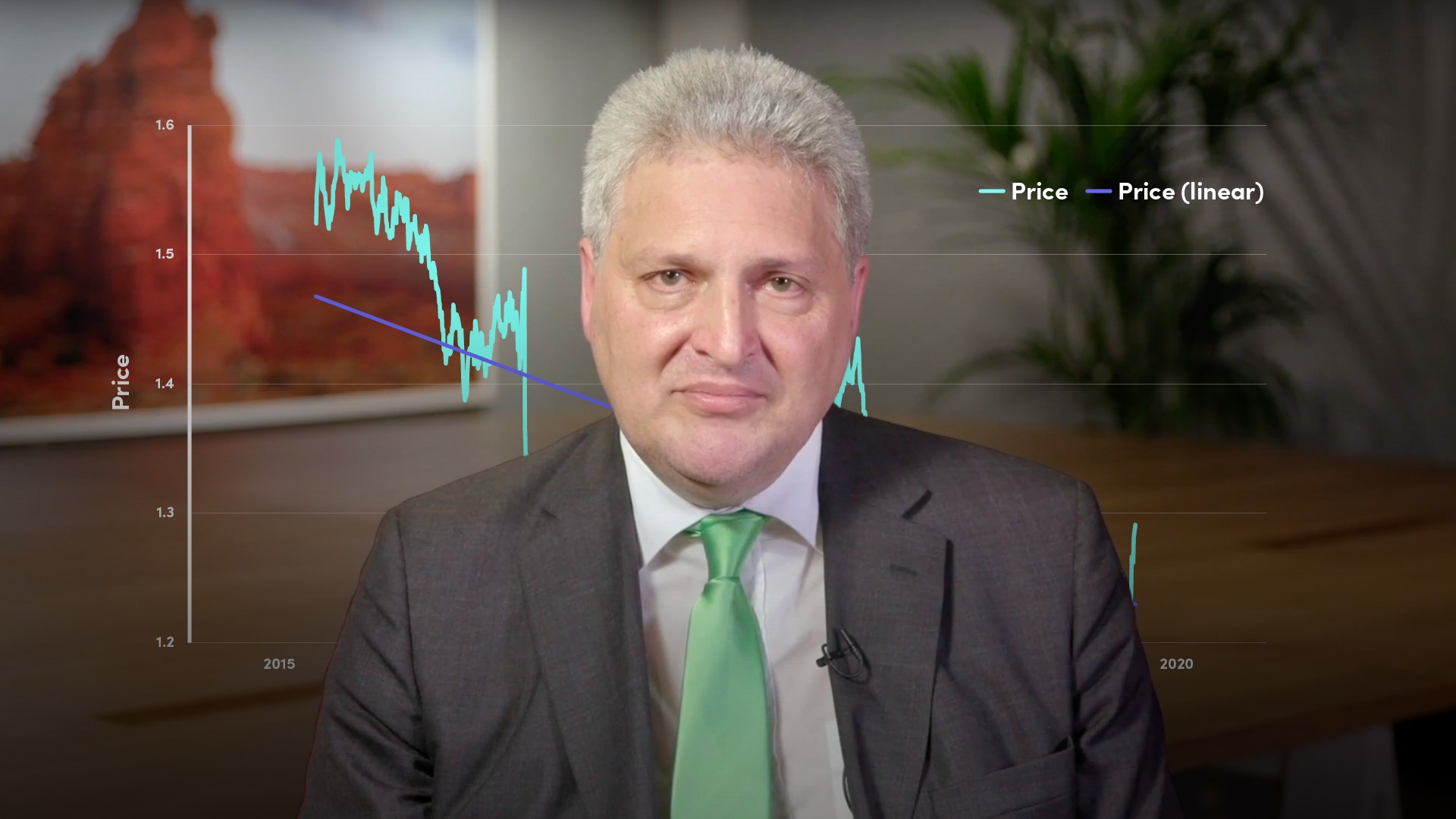
Risk-free and Currency Volatility

Keith Mullin
35 years: Capital markets editorial
In this last video of the series, Keith explains how currency volatility can impact so-called risk-free investments.
In this last video of the series, Keith explains how currency volatility can impact so-called risk-free investments.

Risk-free and Currency Volatility
1 min 26 secs
Key learning objectives:
Identify if there are risks associated with UK Government debt
Be able to classify if all Government assets are risk-free
Explain how currency volatility affects returns
Overview:
UK Government debt is essentially risk free in the sense that the funder will receive their money back. However, other UK assets i.e. currencies are subject to volatility, and thus investors and traders face heavy risk.
Is Government debt risk-free?
Based on its credit rating (Strong Double A) and its international standing and track record, UK Gilts are to all intents and purposes risk-free assets.
Holding UK Government debt may be risk-free in terms of your ability as a buy-and-hold investor to get your money back.
Are all Government assets risk free?
The short answer is No.
For example, The Sterling’s performance against the USD since the 2015 UK general election shows extreme volatility.
How can currency volatility impact returns?
Non-sterling-based investors holding unhedged sterling assets and looking to trade in or out will have been exposed to severe currency-related losses depending on their chosen entry and exit points during this period.
For example, the Sterling exhibited extreme downside volatility in the period leading up to the Referendum, and again when the likelihood of a no-deal Brexit hardened.

Keith Mullin
There are no available Videos from "Keith Mullin"

